
Industry slams Luxury Car Tax adjustment that will see more 'green' cars slapped with taxes
As part of the federal government’s Mid Year Economic and Fiscal...
Browse over 9,000 car reviews
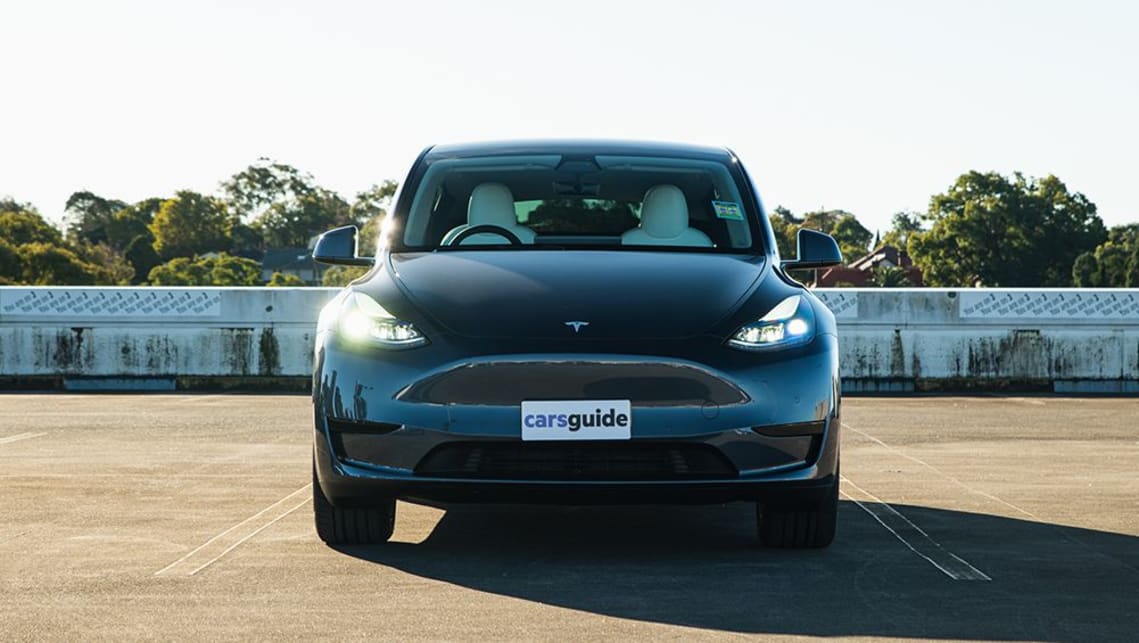
A lot of people really want to drive an EV. The trouble is, most of the time they are simply too expensive.
Some leading reasons electric cars are becoming cheaper though is battery supply and the use of alternate chemistries which bring the prices of those batteries down.
Electric vehicles need to use lithium-ion batteries thanks to their energy density, but within that definition, there are many disparate chemistries to pick from. So far, the leading kind for EVs sold in Europe, America and Australia, are NMC batteries - nickel manganese cobalt.
These batteries are chosen for their high-energy density and output, but they are expensive and utilise cobalt, which is often controversially sourced from mines in Africa.
More recently, as demand for electric vehicles has skyrocketed, many more affordable models have switched instead to LFP chemistry - lithium iron phosphate. The energy density for these batteries isn't as high as their NMC counterparts, but they are much cheaper and use less controversially sourced materials in their construction.
Popular models which use LFP batteries include the base Tesla Model 3 and Model Y, with the technology being heavily pushed by BYD (a battery manufacturer in its own right) which has come up with an innovative way to package this battery to maximise range.
In fact, as of the end of 2022, LFP batteries accounted for nearly 20 per cent of the EV industry, with those numbers rapidly climbing - even Toyota is sourcing LFP batteries from BYD for its range of bZ electric cars for the Chinese market.
Which brings us to the good news - a new supply of phosphate - which has been estimated to be the world's largest - has been discovered in Norway.
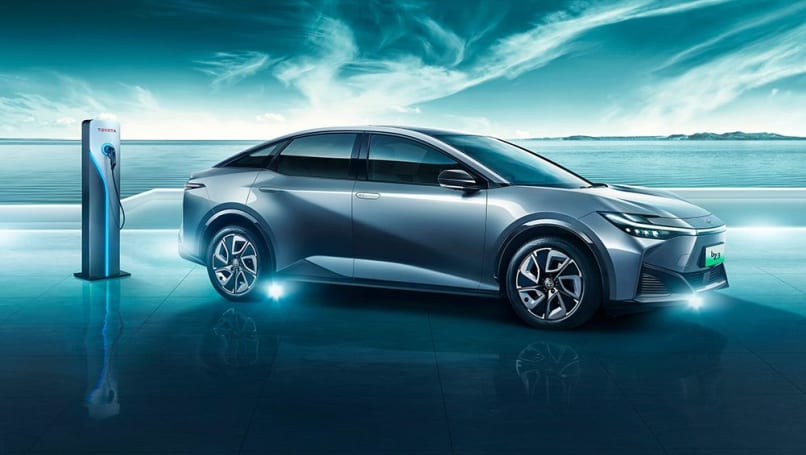
Right now, phosphates required for these batteries are largely sourced from Russia, China and Africa, each of which cause manufacturers in Europe, Japan and elsewhere to be dependent on importing such a critical resource, one which may be subject to supply disruptions or nations seeking to protect domestic supplies through steep tariffs to export markets.
Now, with a massive, healthy supply in Europe, the floodgates can open for European manufacturers to start to bring more affordable electric models to market. Even manufacturers outside of Europe will benefit from a new place from which to source phosphates, hopefully bringing the price down.
According to the company which made the massive find, Norge Mining, the industry will also benefit from more sustainably sourced phosphate. It says phosphorus mining and refining in particular is a highly carbon intensive process, one which can be made cleaner thanks to much stricter environmental standards in Europe.
This is also important, as European car manufacturers look to reliably trace lifecycle carbon emissions for their EVs. If they are able to pull phosphate materials from within Europe, from a company which complies with the jurisdiction's practices, it becomes much easier to produce a true lifecycle emission number. As Audi and Polestar have mentioned previously, it can be difficult to truly trace emissions once they get down to a supplier level if they are coming from China, Africa or Russia, and is one thing Polestar has gone to lengths to address with its blockchain tech, which it says traces emissions and ethical assurances all the way back to materials sourcing.
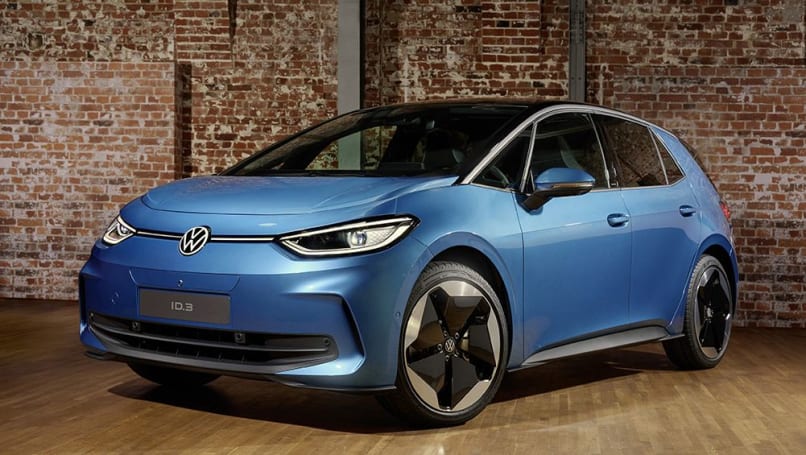
Proximity will also be a factor in bringing prices down. One significant contributor to the cost of electric vehicles is simply shipping. Moving something as big and as heavy as a 60kWh battery pack across the world produces logistics costs and challenges which are solved by assembling the vehicle itself near to where the battery is manufactured.
It is one major cost advantage which Chinese-built cars currently have, which in turn is why Volvo, BMW, Tesla and others choose to build vehicles in China.
However, there has been significant investment, particularly by European manufacturers like Volkswagen Group, in building battery factories close to their current vehicle factories in order to reduce logistics costs. One of which - Northvolt AB, which is 20 perc ent controlled by VW - is just across the border in Sweden.
All in all: What sounds like a boring mineral find in Norway could be the key to a reliable supply of more affordable electric vehicles outside of China. Norge Mining says the supply of minerals should come online from 2028.


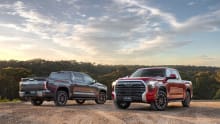

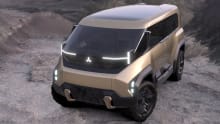
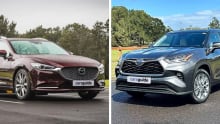
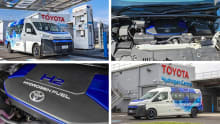
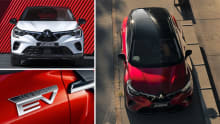

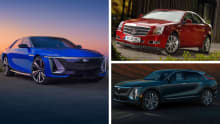
Comments